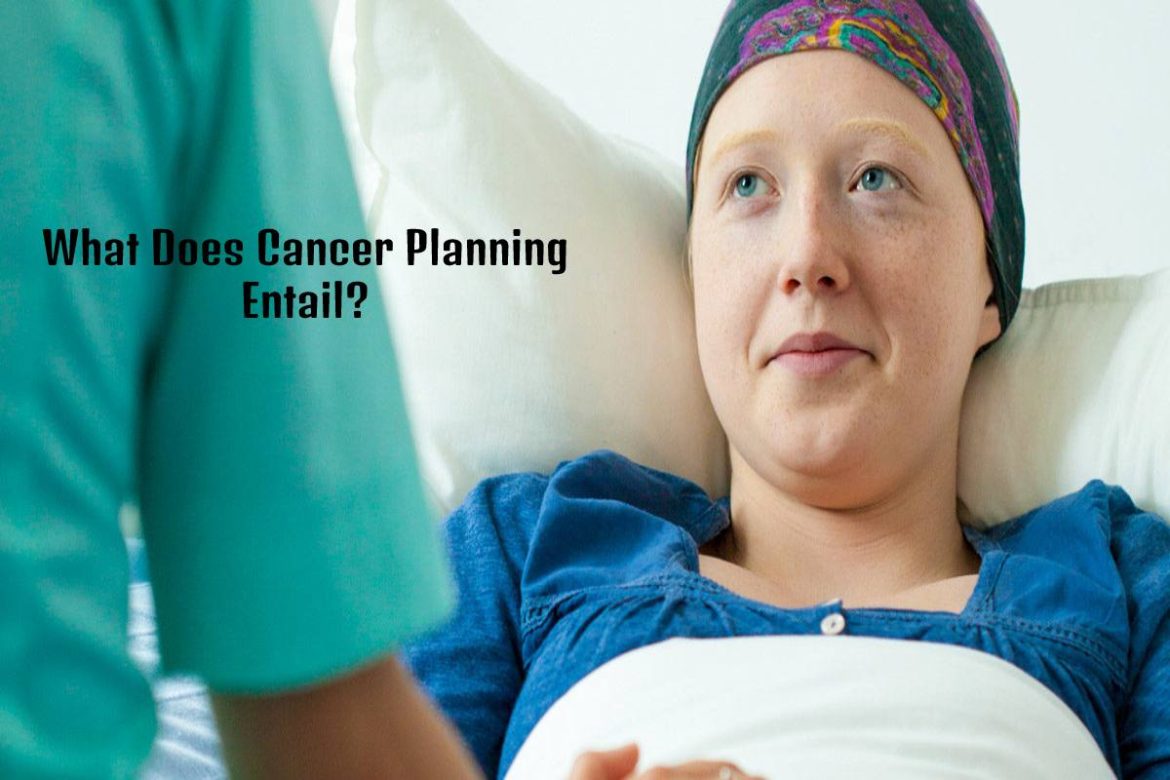What Does Cancer Planning Entail? – Having cancer may be one of the most challenging healthcare challenges you will face in your lifetime. When the total weight of the diagnosis sets in, you need to make crucial decisions about how to fight it. Treatment options range from lifestyle changes and self-care to clinical trials and chemotherapy.
Making sense of this daunting list can feel like an impossible task; you don’t know where to start or what questions to ask. Cancer planners out there want to help guide you through this process by providing comprehensive care plans personalized for your unique needs.
Various types of assistance are available depending on the type of planner, but all should offer proactive guidance throughout every treatment step. You can focus on regaining wellness instead of being overwhelmed by details if you opt for cancer care planning.
Connection
Cancer planners connect patients with clinical trials. If you have been diagnosed with advanced-stage cancer and feel like standard therapies aren’t working for you. There may still be other options. In addition to offering innovative treatments on the market. Clinical trials are an essential resource where doctors investigate new ways of fighting tumours.
Many people believe this is their only hope of survival when others have failed them. Getting into one of these studies requires hard work and sacrifice but can give patients a new lease on life if successful.
These programs gather participants from all over the world. So if you agree to participate in a study, your healthcare team may consist of doctors from around the globe. That’s where planners come in handy because they can help arrange travel to and from appointments across the country or even the world.
More Out of Treatment
Cancer care planning helps patients get the most out of treatment. Although many people feel like clinical trials are their last resort, not all specialists agree.
There might be a standard therapy available for your cancer type and stage that would work for you if only your doctor knew how to use it correctly. Cancer planners may connect you with other doctors who will help find the best treatment option for you if yours cannot provide it.
Accountability
Cancer planners keep healthcare teams accountable. When fighting cancer, keeping on top of appointments and medications can be difficult and stressful enough without worrying about whether or not your medical team will show up on time or even at all.
A planner should be involved in every medical decision because they’re responsible for keeping your healthcare professionals accountable for their actions. If a doctor doesn’t want to provide care, someone needs to step in and find another who will.
Makes it Easier
Cancer planners take the pressure off patients. Stress is a natural part of the illness that many people don’t talk about because it’s associated with weakness or sadness that you could avoid if you tried just a little harder.
However, being diagnosed with cancer can have an overwhelming impact on your life and family, especially when treatment options are scarce.
A good planner should help guide you through this process by taking some responsibility off of your already-full plate so that you can focus on what matters most instead of worrying about all the details involved in getting better.
Bridge Language Barrier
Cancer planners bridge the language barrier. Many studies are conducted in multiple locations, so patients can find themselves travelling all over the world to receive treatment.
Sometimes, this is because there aren’t enough suitable volunteers living in a particular country or city. Still, it’s also possible that researchers want to target a patient population with shared demographic characteristics.
If you have become part of one of these studies and don’t speak the same native tongue as your healthcare team. Cancer planners assist by making sure everyone involved has access to translators if needed. This way, no one misses essential appointments or medical instructions due to miscommunication.
Help with Travel Arrangements
Cancer planners help with travel arrangements. For many cancer patients, an illness diagnosis means cutting back on work hours if not losing their jobs altogether. Because employers don’t want to cover insurance costs or make accommodations.
For others, it could mean quitting one career to focus on treatment without worrying about earning a living for the immediate future.
Travelling to and from appointments repeatedly can challenge both emotionally and financially. So counselling may be available to help you prepare for how long-term health change will impact your financial situation. Along with paperwork that need to be fill out when you are unable to do specific tasks due to illness.
Counselling
Cancer planners provide counselling. Many cancer patients require emotional support and physical care. If they go through chemotherapy or other treatments that often have adverse side effects like fatigue, vomiting, and nausea. Cancer planners should provide this type of comfort when required by accompanying their clients.
So, as you can see, cancer planners serve as patient advocates and personal assistants all rolled up into one. They help with advocacy like organizing home care to assist bedridden patients, coordinating clinical care with multiple physicians, and more.


